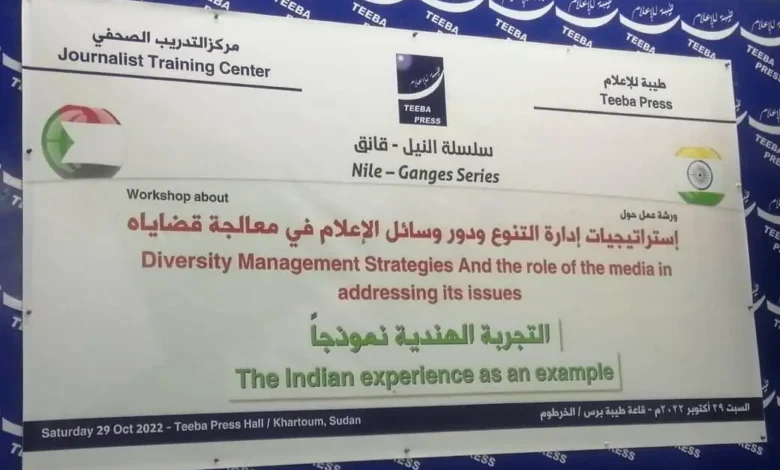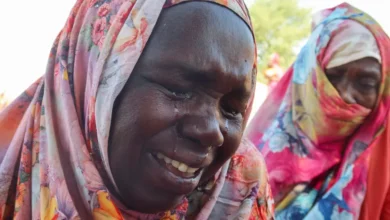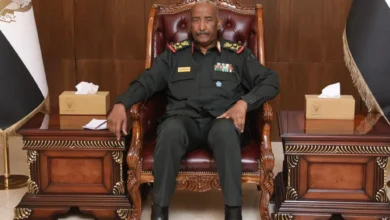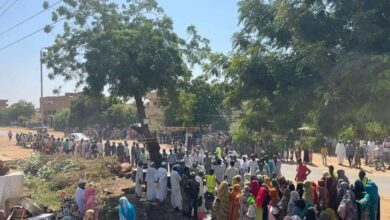Diversity management workshop is an imperative for stability

Today, the Taiba Press Media Centre began a workshop entitled “Managing diversity and the role of the media in addressing its issues. India is a model) organized by Taiba Press Foundation with the participation of a number of journalists from various media organizations, civil society organizations and organizations.
In a paper presented by Professor Manzul Asal (Sudan’s Department of Cultural and Ethnic Diversity), he noted that the problems of diversity in the Sudan at the level of law and public use, for example, used the word “nationality” rather than citizenship, since the word citizenship was relatively recent in political discourse pointed out that the term “citizenship” was more legal.
The National Number System, which had been in force since 2011, was precise and operational in the developed countries. It confined all residents of the State, as well as knowing the details of citizens and facilitating their treatment. The challenge of unilateral identity and acceptance of multiculturalism led not only to the resolution of citizenship problems but also to the resolution of the identity issue. in addition to reflecting all cultures through visual, audio and reading media, everyone finds themselves represented in this plurality.
For his part, the journalist Faisal Mohammed Saleh explained that there is a global interest in the management of diversity, indicating that even Britain has a diversity that is perceived to indicate that diversity and multilateralism are not the cause of disunity but rather the handling and management of it is the problem that needs coordination and good governance.
For his part, Faisal Al-Baqer, a journalist who is interested in human rights, said about his personal experience while teaching India that the Indian experience in diversity management made diversity a positive advantage rather than a source of conflict. India speaks 120 languages besides the large number of religious communities, stating that India’s experience is a fundamental foundation of democracy.
At the conclusion of the workshop, the participants secured a number of themes as outputs for the workshop, the most important of which was the distinction between the tribe as an essential component of the social and tribal fabric. in addition to a national project contributing to the management of the multiplicity of State-building in the Sudan, The State should establish policies and guidelines across the law and legislation in a clear way that enables it to manage diversity, pluralism and strategic thinking of the work of legislation and laws to support diversity issues against hate speech, enlightenment and social awareness of the pluralistic democratic system of governance and its requirements and political stability based on the Bill of Rights, which identified diversity-sensitive media policies as well as the receptiveness of India’s experience based on democracy in governance.





